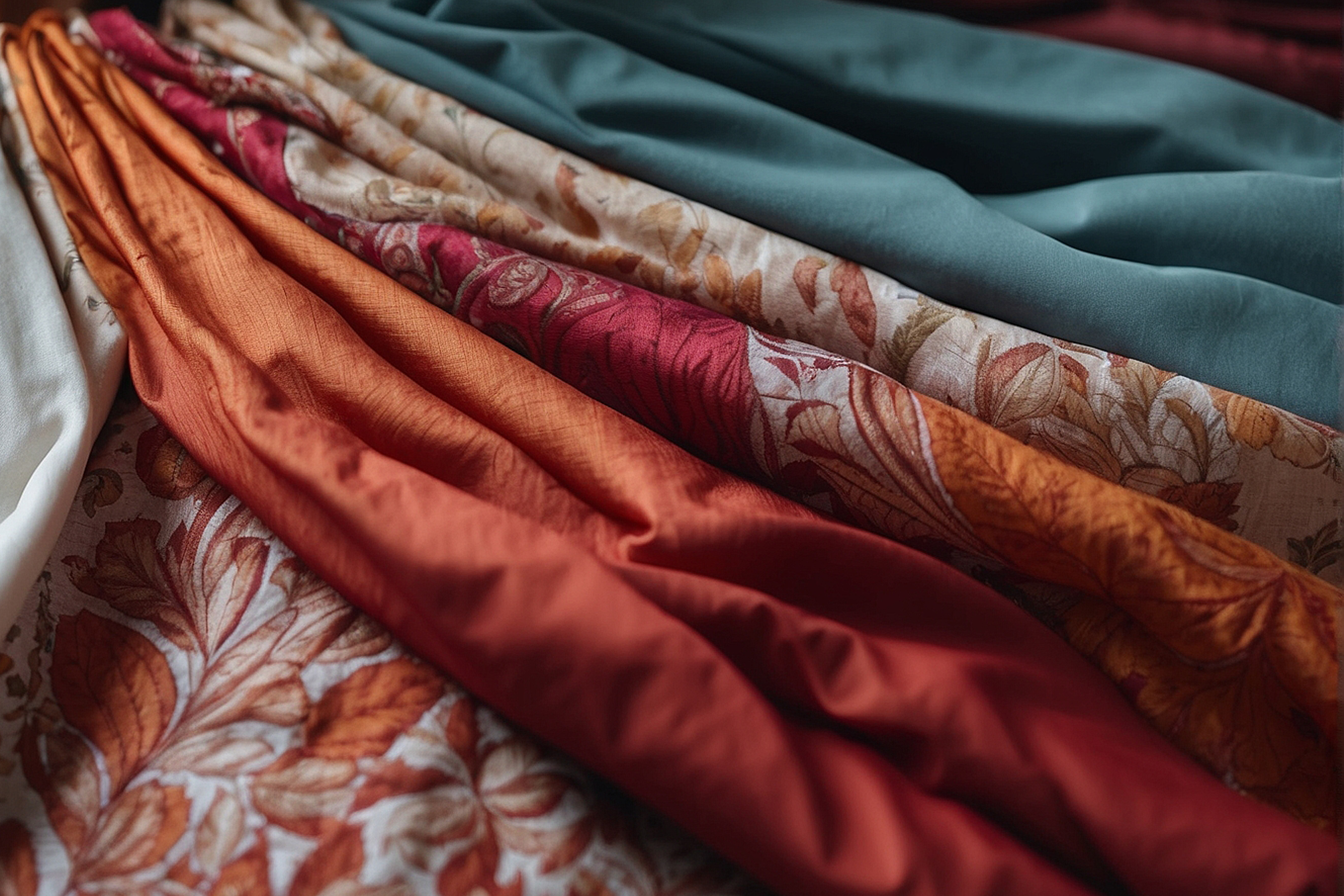This craft is based on extracting natural colors from plants to make dyes in which textiles are soaked. The colors are absorbed, making the fabrics saturated with solid color. The dyes are prepared in a dyeing basin called a pigment bath.
A Craft Necessitated by Needs of the Time:
Clothes colors were not as readily available in the past as they are now. The need for a wide array of colors led to the emergence of this craft which involved extracting colors from plants and making dyes in innovative ways to decorate textiles. In the past, there was a dyeing market in Madinah. It was located in Sayyida Fatima Mosque Square.
The Craft in Madinah:
Dyeing was known in Madinah in the past. Dyers extracted pigments from natural materials, such as pomegranate peel, safflower, henna leaves, and saffron.
A special group of craftsmen specialized in dyeing. They ran their own private stores where they dyed clothes and removed stains from them as needed.
Between Heritage and Modernity:
Dyeing as a handicraft has declined today due to availability of color fabrics and ready-made clothes decorated with multicolor shapes. Additionally, fabric dyes are available and can be easily applied at home.
Getting Dyeing Products and Training:
Although modern alternatives to this craft are readily available, training courses are still offered by institutes where trainees learn the methods of dyeing fabrics. To preserve the traditional craft, hand-dyed and hand- decorated products are exhibited in tourist festivals. It is also possible to train in this craft. Thanks to modern technology.
